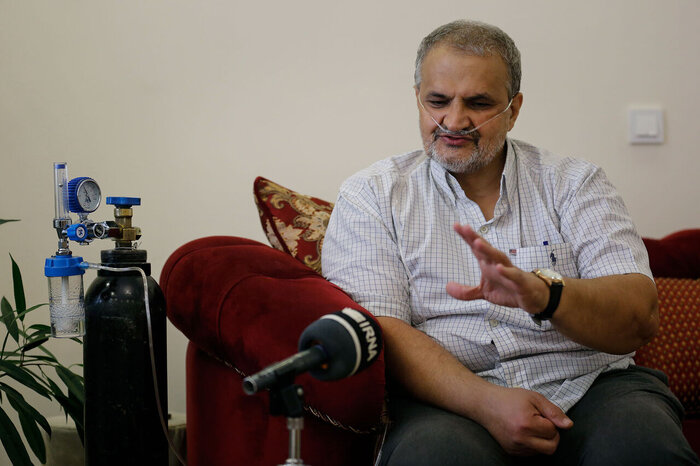Shafei introduces herself as a mother who was a 27-year-old teacher at the time of chemical attack on the Iranian city.
Shafei said in her letter to the UN secretary-general that she along with her daughter and many others were wounded by chemical weapons in northwest of Iran, Association for Defending Victims of Terrorism reported on Tuesday.
When Iraqi war planes targeted city of Sardasht in northwestern Iranian province of West Azarbaijan on June 28, 1987, with chemical weapons, over 100 citizens of the city were martyred and thousands of the people were wounded by deadly chemical attacks.
Iraq under the leadership of the Iraqi dictator Saddam Hussein imposed eight-year war against Iran in 1980.
Ms. Shafei said that with no way back, the human tragedy has been the most horrible nightmare of her life; and there is no way to compensate for its tragic losses.
Once, Nasser Afshari- another victim of the chemical weapons- told IRNA that even if the animals got access to chemical weapons, they would not use them; however, Saddam did.

"Chemical weapon means suffocation, i.e. you cannot breathe, so that you cannot live," Afshari said in his interview with IRNA last June.
Iraq’s eight years of the imposed war claimed lives of 230,000 Iranian soldiers and left near 600,000 war-disabled. While, about 43,000 Iranians were captivated by the Iraqi forces and many others gone missing.
Shafei, in her letter, referred to Guterres's November 30 message on Day of Remembrance for All Victims of Chemical Warfare, and said those who had already used chemical weapon or use it at the present time have to be identified and be held accountable before international justice.
At the end of her letter, Shafei hoped that he would be alive to witness punishment of Saddam's accomplices in Sardasht chemical attack.
Reporting by: Marjan Heydari Rad
Edited by: Safar Sarabi
1483**1416
Follow us on Twitter @IrnaEnglish
 solhkhabar | Peace International News Agency Peace International News Agency , Peace News , International Agency News of Peace
solhkhabar | Peace International News Agency Peace International News Agency , Peace News , International Agency News of Peace